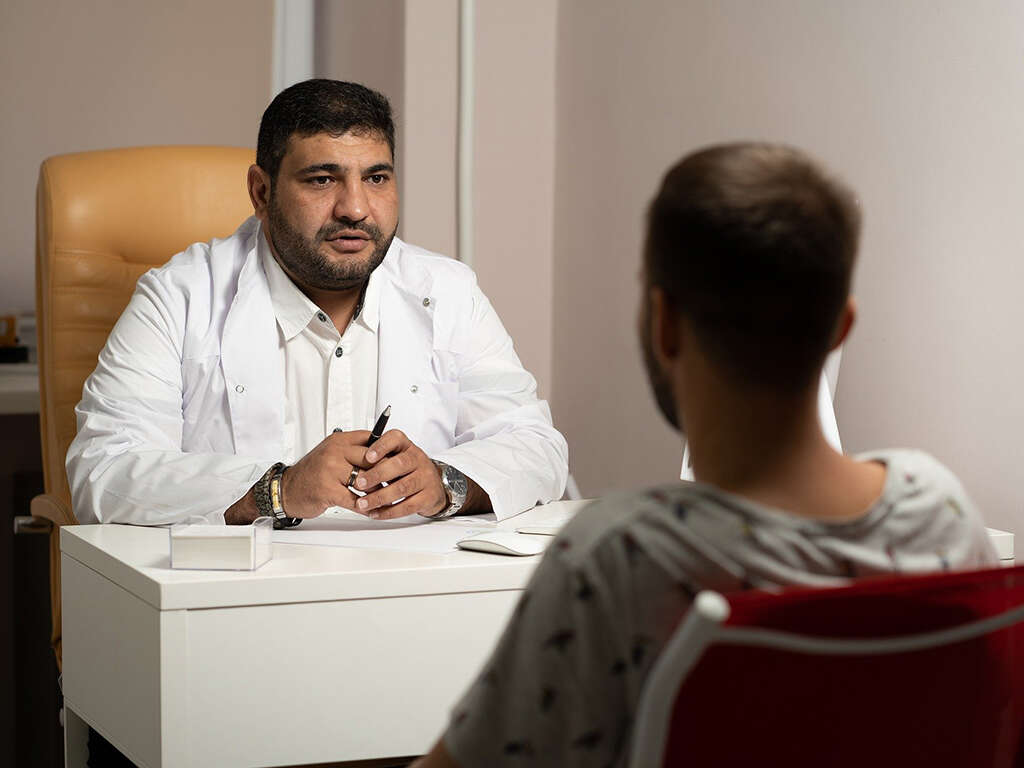What Is Paranoid Schizophrenia?
 Article Sources
Article Sources
- 1. Goldberg, J. (2018, December 20). Schizophrenia symptoms. WebMD. https://www.webmd.com/schizophrenia/schizophrenia-symptoms#1
- 2. Kiefer, D. (2018, August 5). Complementary and alternative treatments for schizophrenia. Healthline. https://www.healthline.com/health/schizophrenia/alternative-treatments#vitamins
Schizophrenia is a large umbrella of a diagnosis that encompasses symptoms of delusions, paranoia, hallucinations, and at times catatonia. For most patients with paranoid schizophrenia, a combination of therapy and psychiatric care can help ease their everyday symptoms.
If you have only seen media depictions of patients with schizophrenia, it may surprise you to know that many of these individuals can live relatively normal lives despite their symptoms. Others might stay in the hospital briefly to get their symptoms under control, and the most severe cases may be permanently hospitalized in a secure treatment facility.
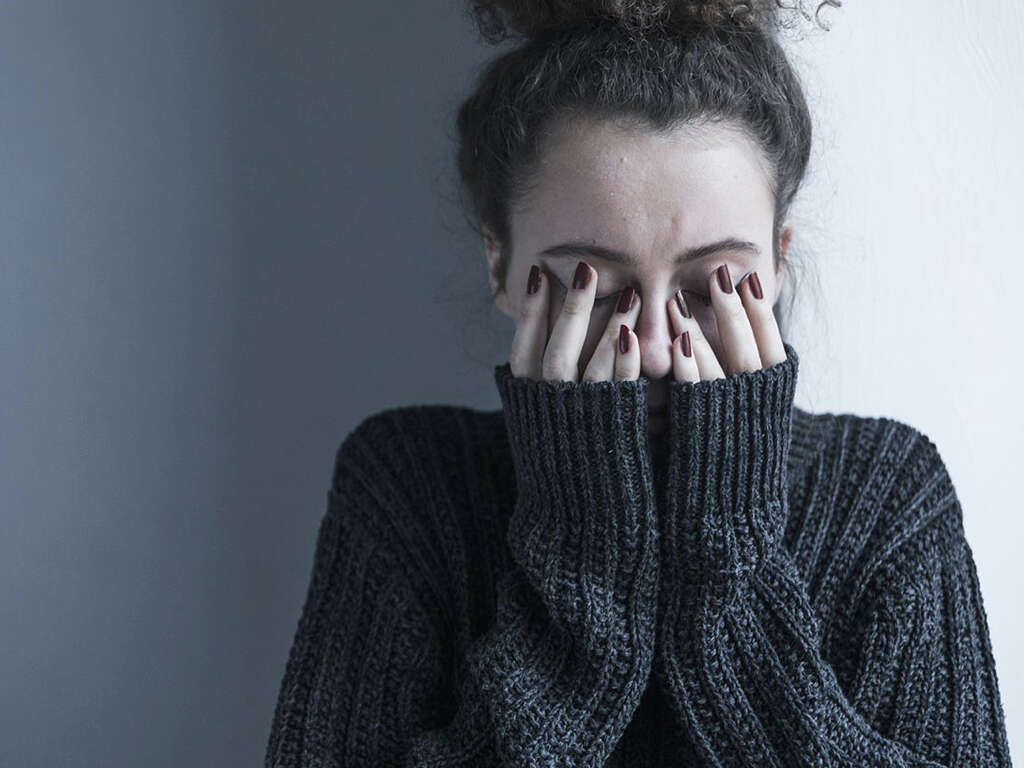
1. What Is Schizophrenia?
Schizophrenia is a psychiatric disorder that causes “positive” symptoms, meaning that abnormal behavior is added to your normal behavior. These can include delusions, hallucinations, odd phrasing and ways of speaking, or unusual movements of your body.1Goldberg, J. (2018, December 20). Schizophrenia symptoms. WebMD. https://www.webmd.com/schizophrenia/schizophrenia-symptoms#1
“Negative” symptoms exist as a part of many patients’ schizophrenia, too. You can think of these symptoms as behaviors that are removed from normal behavior. These can include lack of pleasure, flattened mood, not talking very much, and struggling to move normally or complete regular tasks.

2. How Is Paranoid Schizophrenia Unique?
The term “paranoid schizophrenia” is actually no longer used in the DSM-V, but it is important to note that this type of schizophrenia still exists: It has just been rolled into the larger schizophrenia spectrum. Paranoid schizophrenia is now called “schizophrenia with paranoia.”
Doctors diagnose a patient with the paranoid subtype of schizophrenia when most of their symptoms involved paranoia and delusions. These patients typically feel suspicious of those around them and are on high alert for conspiracies, plots, and other signals that others are working against them.
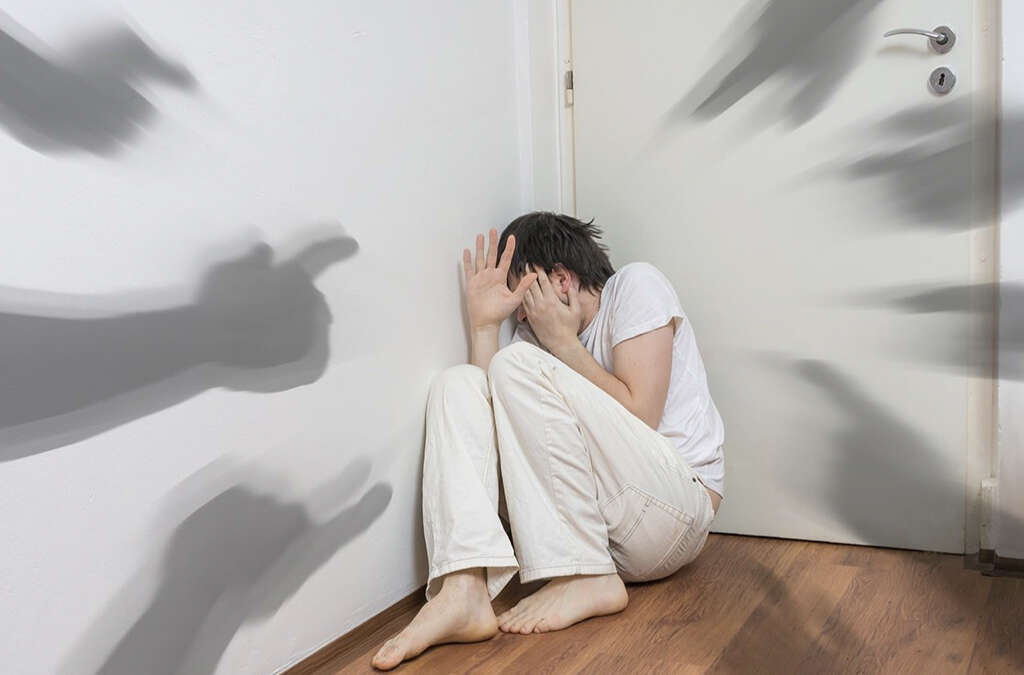
3. What Are First-Line Treatments of Paranoid Schizophrenia?
Antipsychotics are typically prescribed for these patients. These drugs, including chlorpromazine and haloperidol, work on the neurotransmitters dopamine and serotonin to hopefully calm down the patient’s psychotic symptoms. Anti-anxiety medication can also be added as needed.
Schizophrenic patients take these medications every day, even if they are feeling well. If you are diagnosed with schizophrenia, you will likely take medication for the rest of your life to reduce the risk of a severe episode.
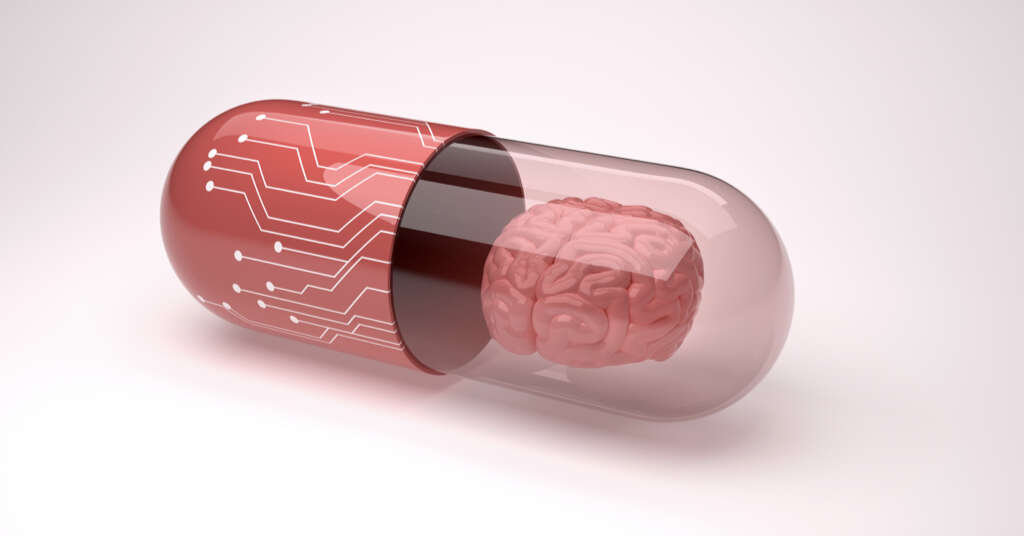
4. Are There Alternative Therapies for Paranoid Schizophrenia?
Complementary and alternative therapies for schizophrenia can include vitamin treatment, especially with certain B vitamins that may help regulate mood and the potential to hallucinate.2Kiefer, D. (2018, August 5). Complementary and alternative treatments for schizophrenia. Healthline. https://www.healthline.com/health/schizophrenia/alternative-treatments#vitamins Patients with schizophrenia are often deficient in B9, but this does not necessarily mean that B9 deficiency alone causes their symptoms.
Other nonmedical ways to ease symptoms include exercise, acupuncture, and meditation. Though these may not ease your symptoms entirely, you can always talk to your doctor about adding complementary therapy to your existing medication and therapy regime.
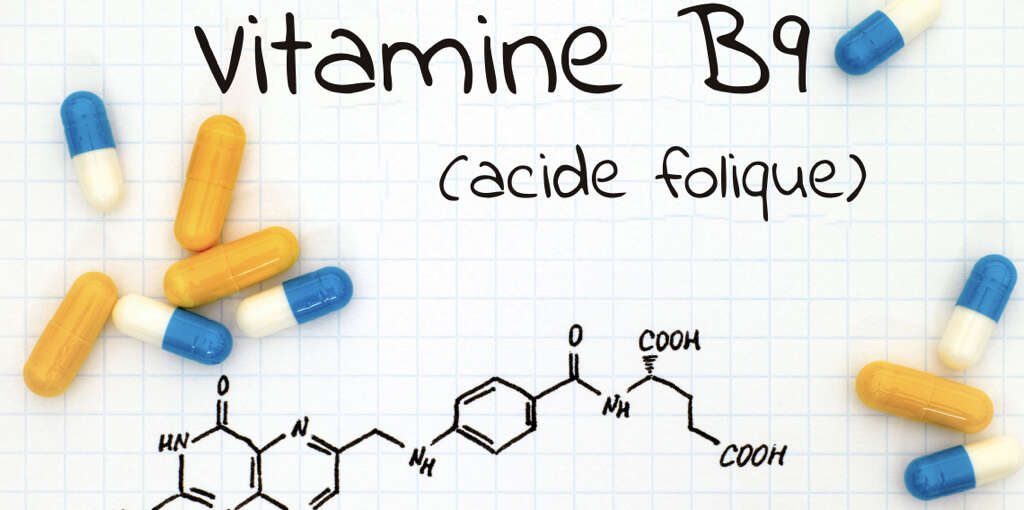
5. How Is a Person Diagnosed with Paranoid Schizophrenia?
Diagnosing a patient with any subtype of schizophrenia can be tricky and time-consuming. Your family doctor may refer you to a specialist, such as a psychiatrist, who can evaluate you in more detail.
A psychiatrist may ask you about your medical history and your family history. Though it may feel uncomfortable, it’s best to be completely honest during your evaluation to receive the correct diagnosis.

6. Does Schizophrenia Run in Families?
Though schizophrenia can seem like it pops up out of nowhere, it’s actually common to have a relative with schizophrenia if you have been diagnosed yourself. There is no single gene that is responsible for causing the disorder, but if you have a family history of schizophrenia or mood disorders, you are at higher risk.
However, if you have a parent with paranoid schizophrenia, you likely do not need to worry about getting it yourself. You are at greater risk for the condition, but most people with first-degree relatives on the schizophrenia spectrum do not go on to develop it themselves.

7. Will Paranoid Schizophrenia Get Worse Over Time?
If it is not treated, it will almost certainly get worse over time. If you do nothing to combat the paranoia, delusions, and hallucinations you may be dealing with, you are likely to lose the ability to care for yourself as you struggle to separate reality from your disease’s symptoms.
However, when schizophrenia is managed well, you can expect to have a relatively normal existence — with the caveat that you will need to take medications and likely keep up with therapy appointments for the rest of your life. You may have recurrent episodes, or you might only have one severe episode that makes you want to pursue a diagnosis.

8. How Does Therapy Help with Paranoid Schizophrenia?
Cognitive-behavioral therapy, in which you are assisted by your therapist to identify faulty coping mechanisms and patterns in your thinking that may be working against you, can benefit you when dealing with symptoms of schizophrenia. Though your therapist may not be able to help you alleviate your symptoms without medication, he or she can help you tell the difference between your symptoms and reality.
Therapy may also help you if you also deal with anxiety, depression, or the stress that comes from learning how to cope with a psychiatric condition. Couples counseling may help you and your spouse or partner achieve a better relationship and to be more present in your family life, especially if you have children.
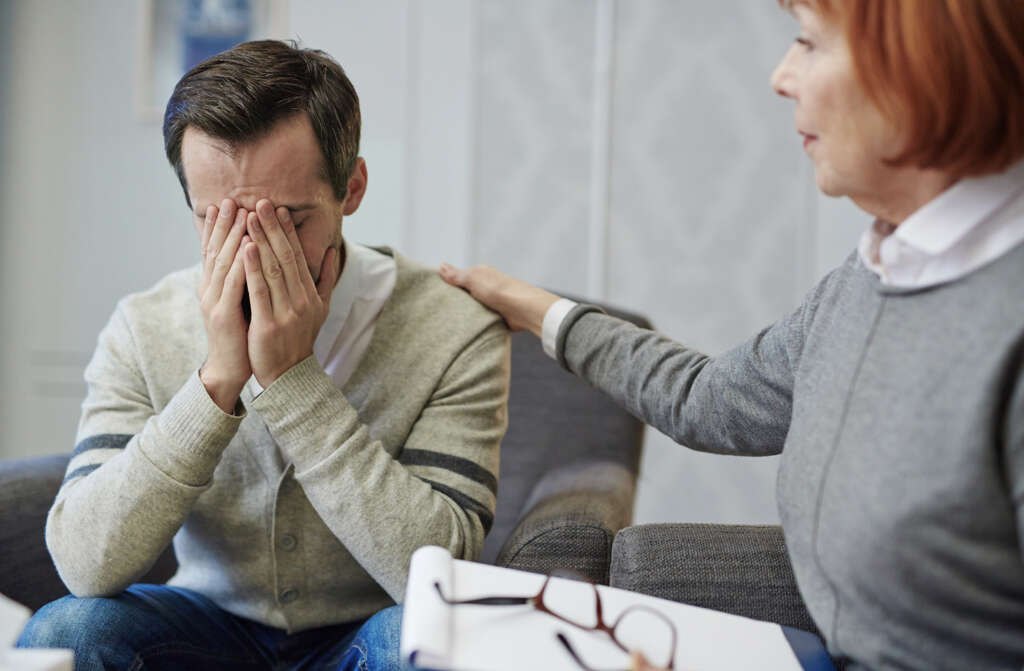
9. Can Patients with Schizophrenia Live Normal Lives?
It’s entirely possible to hold a job, get married, and raise children while dealing with paranoid schizophrenia. The most important thing you can do is build a strong support network: pursue a diagnosis if you do not yet have one, and be open and honest with therapists, doctors, family, and potential partners.
There may be times when you feel like you are unable to complete routine daily tasks like caring for yourself, making food, or interacting with others due to your condition. Making a plan, preferably with your doctors and your family onboard, before these more severe episodes hit is the best way to manage your life around your symptoms.

10. What Do I Do if I Think I Have Paranoid Schizophrenia?
If you think you have symptoms of schizophrenia, try not to worry or panic before you have been evaluated by a doctor. It’s possible that you are experiencing anxiety, sleep deprivation, or another medical condition that can cause several of the same symptoms as schizophrenia.
If you have a strong family history or a first-degree relative with the disorder, it’s best to be evaluated the first time you show symptoms and not later. Remember that even if you do have paranoid schizophrenia, medication and therapy may do a great deal to relieve your symptoms.









